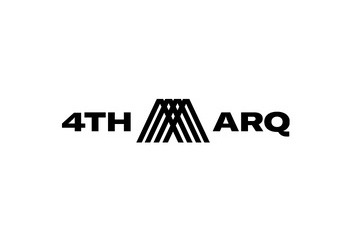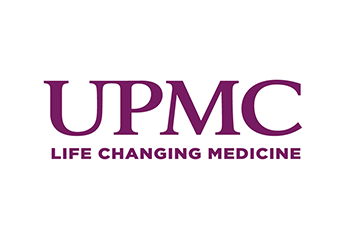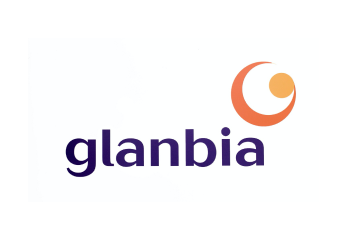Pioneering Irish Research in Primary and Advanced Breast Cancer
Worldwide, 1.7 million women face a diagnosis of breast cancer each year – 460,000 are in the EU and 3,100 are in Ireland. To mark World Cancer Day on Tuesday, February 4, 2020, Breast Cancer Ireland (BCI) announce new ground-breaking developments in so-called ‘personalised medicine’ or ‘precision medicine’, which is the tailoring of treatment strategies to specific groups of patients. BCI is also excited to announce new funding to support continued research into precision medicine strategies that will impact Irish breast cancer patients.
BCI has been committed to precision medicine since 2012, which is when it started funding research nurses (based in Waterford, Cork and Dublin) to recruit over 3,000 breast cancer patients and enable BCI-funded research labs to conduct detailed molecular profiling of tumours. This profiling has driven the creation of a national biobank that is being accessed by researchers and clinicians, allowing them to understand the molecular changes in breast cancers that become aggressive as opposed to those that do not.
Moreover, with funds raised through the 2019 Great Pink Run, with Glanbia, and a collaboration by the Royal College of Surgeons in Ireland (RCSI) with the Ludwig Breast Cancer Center, University of Chicago (one of the best and most progressive breast research centres in the US), two areas of excellence in breast cancer research join forces to share information.
An example of this progress is the cutting-edge sequencing of genetic material from patient tumour tissues and blood samples, which allows labs in Ireland and the US to investigate novel genetic changes that drive breast cancer progression. Understanding these genetic changes holds the key to designing new precision medicine treatment strategies. In addition, patient tissue from the national biobank has helped identify new blood markers (S100beta) and tissue markers (ADAM22) of disease progression in patients with certain hormone receptor tags on their tumours. Teams have also uncovered new therapeutic targets (RET) and therapies (LGI1) to treat aggressive breast cancers that have spread to other parts of the body.
Through the Emma Hannigan Research Fellow Award, named in honour of the late author, significant impact has been made in advancing our understanding of breast cancer progression. The focus has been on breast cancers that spread to the brain. This advanced type of breast cancer is becoming more common and is associated with extremely poor outcomes for patients. This is partly because there are very limited treatment options for such cancers – mainly non-specific chemotherapy and a few drugs targeted against mutations in HER2, PI3kinase and oestrogen receptors. Significant clinical advancements will require a new understanding of how breast tumour cells can adapt to get into the brain, survive and thrive. Exciting new insights have already been provided by Irish researchers funded by the Emma Hannigan Research Fellow Award. The next steps will take this work closer to the clinic.
Commenting on this progress, CEO of Breast Cancer Ireland, Aisling Hurley, noted that the dedication and commitment of clinical research teams “have made a real and sustained contribution to the advancement of personalised patient care and the landscape of the disease. Breast Cancer Ireland is keen to share these developments with our community of survivors, supporters and donors.”
On Tuesday, February 4, BCI will gather many of the women who have been assisting the research teams in these long-term studies to learn more about the progress being made. “Our community of survivors want to be involved in the research,” adds Aisling Hurley. “They come to our labs with questions and this is welcomed by the research teams. They are an exercised group of women who wish to be proactive and play their part in finding a cure.”
Also commenting on new developments, Professor Leonie Young, head of the Endocrine Oncology Research Group in the Royal College of Surgeons in Ireland (RCSI) says, “Research by its nature is slow, and, sadly for women whose cancers have progressed, there are limited treatment options. However, on this, World Cancer Day 2020, we want to share progress being made and seek funding to continue our work.”
Breast Cancer Ireland, through the guidance of its chairman Professor Arnie Hill (Breast Surgeon and Head of RCSI’s Medical School), has over the last eight years spearheaded various research initiatives. These include the funding of pioneering research into Triple-Negative breast cancer by Dr Paul Mullan, from the Centre for Cancer Research and Cell Biology at Queens University Belfast. Breast Cancer Ireland also supports and funds education and awareness programmes nationally on the importance of good breast health for women of all ages.

















